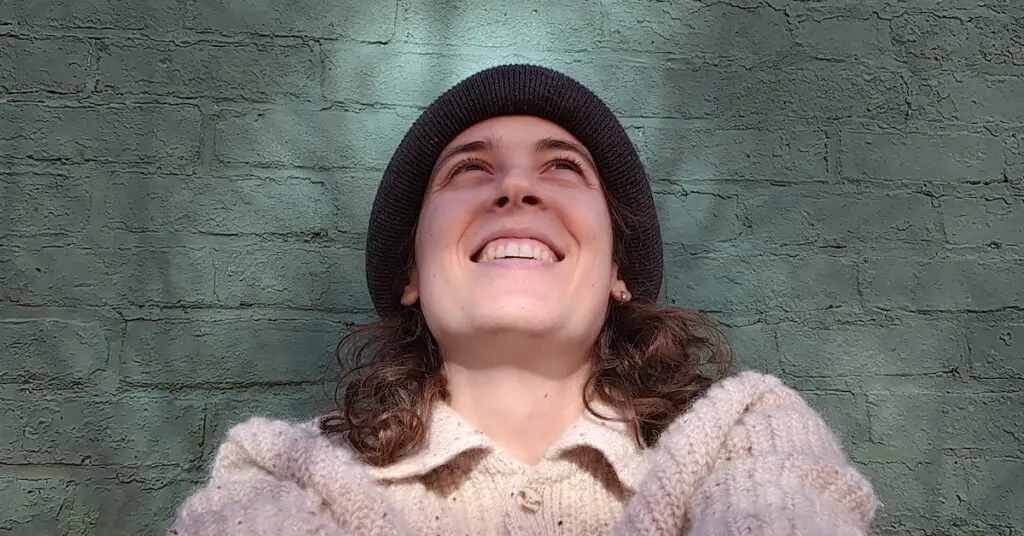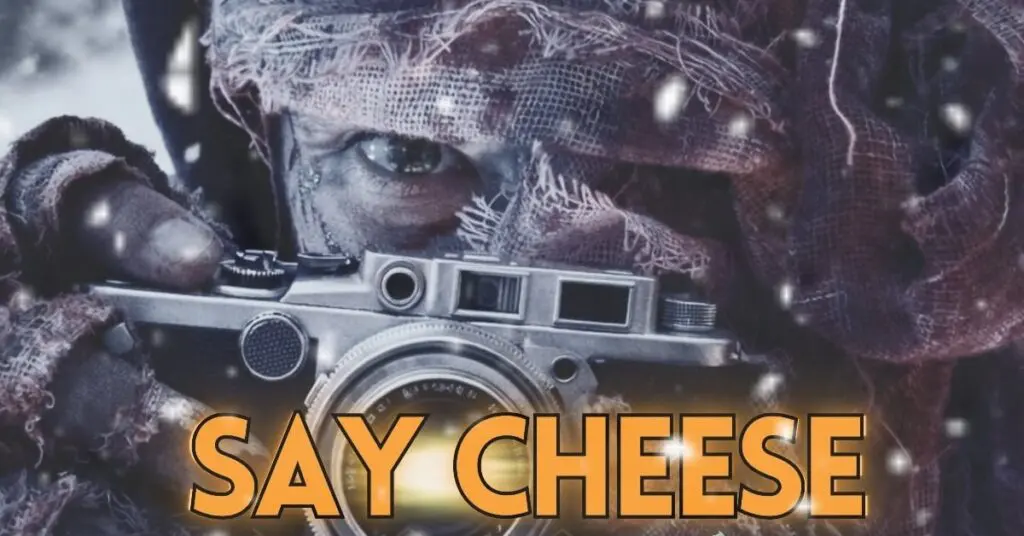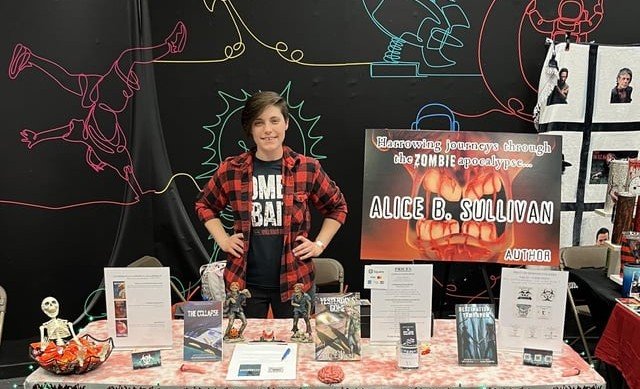Fabio Frizzi – An Xperience Interview
By Staff on October 3, 2024
Fabio Frizzi – An Xperience Interview – by Liam Sweeny.
RRX: When I watch a movie, I don’t always turn my ear to the score, but obviously, it affects me deeply. It’s one of those things where you take it for granted; you would notice it a lot more if it wasn’t there. So I imagine there’s a bit of “clandestine service” that you go through. How do you create something beautiful or engaging that’s not supposed to be obvious in that sense?
FF: What you say is very true, in fact we easily remember which are the films without music or the directors who have in their style a sparing use of music. Mine is a fascinating job, but it is never easy. First of all because the music written for a film, for a story, can never be judged, at least a priori, for its objective beauty. The most important evaluation is that of compatibility with the cinematographic product, with the requests and ideas of the entire production and direction group. And then, although the stylistic elements are normal in the game, you also have to avoid the obvious. In short – a demanding profession, which however remains for me the most beautiful that could have happened to me.
RRX: Scoring seems like a whole universe. A sitcom score is vastly different than a horror score. And before this interview, I started just listening to the scores of the shows I was watching, and it felt like a lot of improvisation went on because of how the elements moved. Is there any improvisation when you’re developing a score, or is it all planning?
FF: The creative part of composing is, in my opinion, a constant invention. You have to let yourself be carried away by what happens in front of you, by loves, by hates, by feelings and sensations. That you must inevitably make your own to tell them through music. Instead, the development and creation of the final soundtrack, of the scores, that part is definitely planned. When you find yourself on a piece of music paper with a note of a thin line of melodies and harmonies that are definitely compatible with the scene you have to comment on, at that point experience and technique help you to package the ideal piece. As if it were a dress that the scene will wear.
RRX: You’re coming to Proctors to put on the score for “Zombie: The Composer’s Cut.” Lucio Fulci directed Zombie in 1979, and you did the original score. Can you tell us a little bit about the film, and what went into composing the score? Were there any musical or logistical challenges? Any breakthroughs when you were doing it?
FF: Zombie was Fulci’s first horror film, although I believe a similar style was already present in many of his productions. First horror for Fulci, first horror for me. That time, I entered the game after everything had already been shot, and my first contact with the film was in the editing room. I found it a beautiful film, with a strong story and some extraordinary actors. It was certainly a big gamble for me; a genre that I had never tackled, a trust reconfirmed in me by Fulci, after we had worked so hard at the time of my trio Bixio/Frizzi/Tempera. I surrounded myself with some good musicians and the adventure began. Those were years in which sounds were rapidly renewed in step with instrumental innovations, especially keyboards. Maurizio Guarini had recently discovered the Yamaha CS 80, a revolutionary synthesizer that we exploited to the fullest. Then lots of percussion when the scenes spoke of voodoo. Lucio, as always, made the most of all the musical elements I had provided in the editing. And from that moment on, I proudly linked myself to some of his most beautiful projects.
RRX: The landscape for music is changing. Films are coming out to streaming services like Netflix with lower budgets, and I feel that scores will suffer from this. Are there any resources that you know of, or any advice for an independent filmmaker who wants the power of a good score, but operates on a smaller budget?
FF: You can try calling me 🙂
Jokes aside, it has become increasingly difficult to manage to build film music that has the pompous sounds of the symphony orchestra with stellar music production budgets. I believe that today we must seriously rely on a new craftsmanship, which combines in the best possible way the digital realities of virtual instruments with small orchestral groups and high-quality soloists who add humanity and emotion to the project. It is unimaginable what can be achieved with this mix of sound sources. After all, Hollywood composers like Hans Zimmer have been embracing this system for many years.
RRX: I once read that certain low frequencies produce feelings of dread specifically, and from my own years of watching television and film, and being a musician, I know how tightly bound to emotion music is. Just looking at the major and minor scale shows that just changing a third note turns something happy into something sad. Can you give us one trick of turning emotions, something that isn’t necessarily music theory?
FF: I’m going back to what I told you before and I’ll expand on it a little.
My personal credo could be conjugated in two simple words: total immersion and personality. I see the project to be commented with music as a large pool, in which you have to have the courage to dive, deep down. It’s not a real comfort zone, but it’s the only way to fully understand which direction to take, which sounds we’ll need, and which emotional levers we should use. Personality, then, is a central element in the career of every artist; it makes your way of communicating in a certain sense unique and understandable for those who know you and appreciate you. Once again, there are no pre-established rules; before getting to the end of a new score you’ll have to cut, file, plane, as if you were a carpenter, a cabinetmaker. In the end, a low frequency or a super high one will help you find the right balance.
RRX: Where do you see your own work going from here on out? I know that everything about the creative arts seems to be on a precipice, but I also know that creative people don’t stop being creative in adverse conditions. Maybe I should ask, what do you see as a challenge happening now, and what’s your plan for it?
FF: I have been making music for over fifty years now. And we have faced many challenges and changes. Of course, the challenges that are currently facing all of us seem insurmountable, definitive. I am obviously thinking in particular of Artificial Intelligence, which is calling into question every form of art. But I sincerely believe that this revolution can give, as a rebound, a new meaning to the other type of intelligence, that of the human being, which remains and will remain the only one completely free. I recently held a Master dedicated specifically to young composers. In the new generations, there is extraordinary energy, some of my students have amazed me with the quality of their music, of their ideas. And then, with regard to cinema, there is a new army of enthusiasts all over the world who will not give up. I am sure that none of these new producers and directors will ever think of entrusting the emotional musical baggage of their story to a machine. It will be hard, of course, but film music will continue to live through its composers.
RRX: This is where you get to answer the question I didn’t ask. Comments? Remarks? Educate, enlighten, emote – the floor is yours.
FF: I consider myself a lucky person because I have had the opportunity to live my great passion as a profession. I consider music as a good virus that everyone can enjoy in one way or another. In my Roman school, the Octopus Music Factory, I see people of all ages who approach music. Children directed by their parents, young people who find in the rock and jazz laboratories beautiful complicities and the possibility of overcoming their shyness, elderly people who have always dreamed of playing the most beloved songs, who live this new and mature challenge as the achievement of an intimate, profound goal. I believe that making music and living music is a privilege for me; meeting friends and enthusiasts around the world is an aspect that gives great value to my life. For this, I must be grateful to all those who have accompanied me in this career. One for all – my dear friend Lucio Fulci.





 RadioRadioX
RadioRadioX